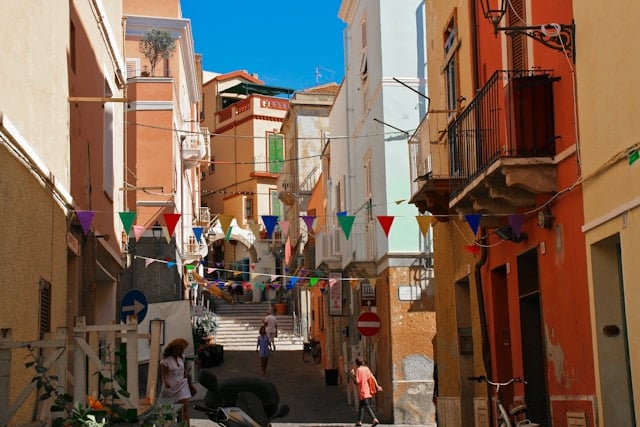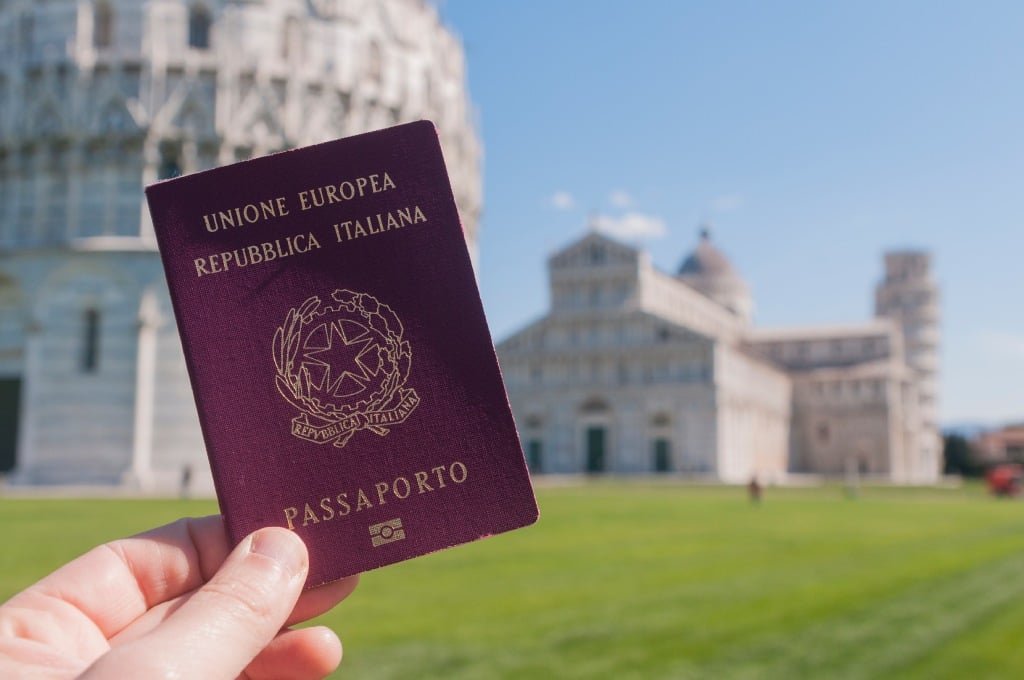The new booking system, officially called the Agenda Prioritaria (or ‘Priority Agenda’), was launched on the Italian State Police portal on Friday.
The priority line was to allow citizens in urgent need of a new passport to get their application (or renewal) appointment in under 15 days and a new document within a maximum of 30 days, according to media reports.
Priority booking will be available to applicants who can prove that they need a new passport for reasons related to health (for instance, planned medical procedures or visits), study (scholarships, research projects, admission procedures, etc.), work trips, or tourism.
The launch of the new system came after applicants reported wait times of up to ten months for passport application appointments at their local police headquarters (Questura) last year, with delays largely attributed to post-Covid backlogs and higher numbers of citizenship requests.
READ ALSO: Italy grants citizenship to more people than any other EU country, study finds
It also followed recent reports that lengthy wait times for passport application or renewal requests caused the cancellation of nearly 170,000 international trips between 2022 and 2023, resulting in losses of up to 300 million euros for the national tourism industry.
The new priority line can be accessed by logging onto the State Police passport portal (available to people who have SPID or electronic ID card credentials) and selecting Appuntamenti Prioritari (‘Priority Bookings’).
READ ALSO: Will my children get an Italian passport if born in Italy?
Applicants will be asked to justify the urgency of their request by completing a self-certification (autocertificazione) form online. All documents will then have to be produced at the scheduled appointment at the local Questura.
Anyone found to have used the priority line without meeting the necessary requirements could face criminal charges, according to reports.
READ ALSO: Italian passport ranked world’s second ‘most powerful’
Italy issued a total of 2.75 million passports in 2023, up by around a million compared to any pre-Covid year on record, according to data provided by Interior Minister Matteo Piantedosi last January.
The trend seems to be continuing this year as Italy released over 412,000 passports in the first two months of 2024 alone.




 Please whitelist us to continue reading.
Please whitelist us to continue reading.
Any chance there will be a provision for speeding up the proceed for getting a Permesso di Soggiorno? My Permesso will arrive after it has expired.
Great! Now maybe the govt could turn its attention to the PdS renewal process. Sent in my application Sept *2022*, had my Questura appointment beginning of March *2023* , still waiting for my renewed card. The card I currently have expired 15 months ago. And I was hauled into a room in AMS and questioned when I tried to leave a month ago. Meanwhile … still paying my taxes.
Thanks Italy immigration! 👏